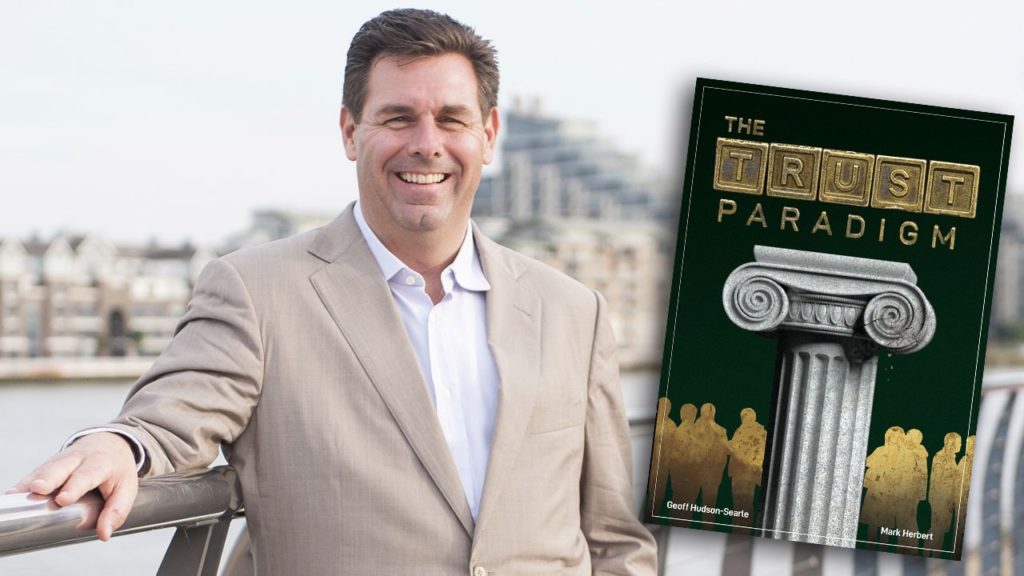A recent survey reveals that trust in UK business leaders has significantly declined compared to previous generations. Conducted by best-selling author Geoff Hudson-Searle and commissioned by DataPad, the survey highlights troubling statistics regarding employees’ confidence in their bosses.
According to the findings, only 30% of respondents expressed trust and respect for their CEOs, with an additional 39% responding that they trusted their leaders “a little.” In a time when trust is increasingly crucial—particularly in light of global and national events—these numbers indicate a pressing need for change within workplaces.
The survey further explored trust and respect in relation to various leadership roles, including Executive Leadership, Heads of Departments, and immediate line managers. Interestingly, the data showed that the closer an employee was to their manager, the more likely they were to report a higher level of trust. Among immediate managers, 48% of employees indicated they trusted them “a lot,” while 36% said they trusted them “a little.” However, 16% of respondents admitted they did not trust their immediate supervisors at all.
Geoff Hudson-Searle’s latest book, The Trust Paradigm, co-authored with American business author Mark Herbert, aims to address the complexities of trust in the workplace. Drawing on their extensive experiences in business and life, the authors distil key principles to help leaders restore trust in their organisations. The book highlights the crucial link between human communication, business strategy, and development.
In an age characterised by morally ambiguous decisions made by influential corporate leaders, Hudson-Searle emphasises that moral and ethical leadership is essential for successful business operations. He stated, “These decisions will lose the trust of customers and employees. Trust is the foundation of high-functioning relationships and can only be achieved through meaningful dialogue, which is not happening. Instead, we’re increasingly replacing it with impersonal electronic communications.”
Shakeeb Niazi, an early reader of The Trust Paradigm and Founder of the Society for Entrepreneurial Education and Development, expressed his views on the significance of trust in business. He stated, “Trust is critical for all businesses, especially with the overwhelming noise from websites, social media, and SEO copywriting. The pillars of trust outlined in the book guide leaders in building trust in practical steps by identifying the trust element within their organisation. Companies that invest in trust see significant improvements in all key performance indicators. We should shift away from ‘command and control’ to a ‘trust and inspire’ leadership model. I not only recommend reading this book but also using it as a reference for building your business on the Trust model.”
As companies grapple with the ramifications of low trust levels among employees, the insights provided in The Trust Paradigm could serve as a vital resource for leaders aiming to foster a culture of trust and ethical leadership.


